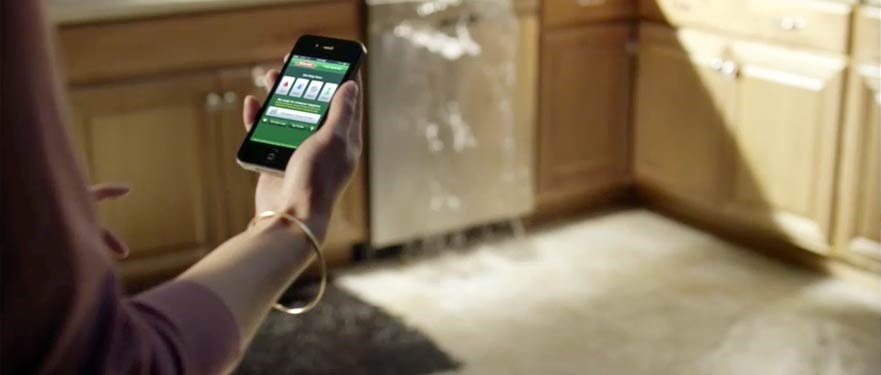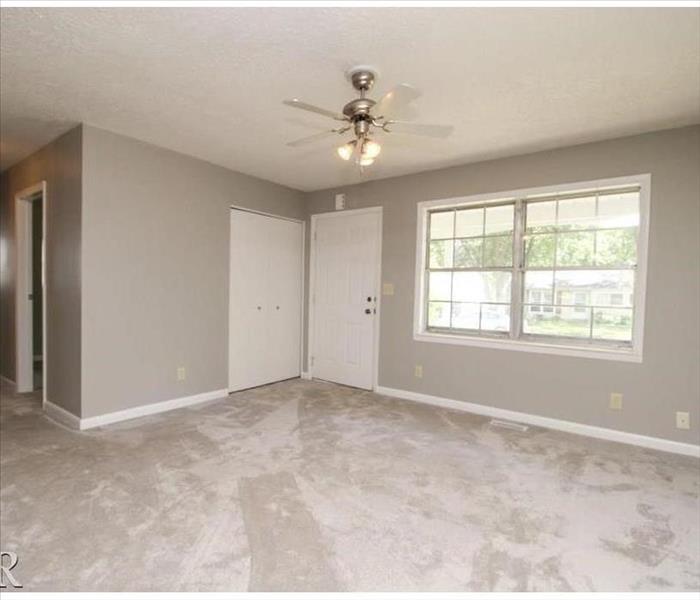
Water Damage Emergency Tips
What you can do until help arrives
Water Tips | Fire Tips | Biohazard Tips | Mold Tips
While dealing with water damage in your central Illinois home or business may seem fairly simple, this fails to consider the degree to which water can penetrate into structural cavities and assemblies, creating trapped pockets of saturation. There could likely be on-going effects of this trapped water on structural and contents materials, which may include: discoloration, warping, splitting, delamination, and musty odor and mold growth.
After any water damage situation, your primary focus should be safety first:
- Is it safe to stay in the house?
- Electrical and "slip and fall" hazards are some of the most prevalent concerns.
- Only do activities that are safe for you to perform.
- Wet materials can be VERY heavy. Be careful!
Have A Water Damage Emergency? Call (309) 827-7500
What To Do After Flooding
- Remove excess water by mopping and blotting.
- Wipe excess water from wood furniture after removal of lamps and tabletop items.
- Remove and prop wet upholstery and cushions.
- Place aluminum foil or wood blocks between furniture legs and wet carpeting.
- Turn air conditioning on for maximum drying in summer.
- Remove colored rugs from wet carpeting.
- Remove art objects to a safe, dry place.
- Gather loose items from floors.
What NOT To Do After Flooding
- Don't leave wet fabrics in place. Hang furs and leather goods.
- Don't leave books, magazines or other colored items on wet carpet or floors.
- Don't use your household vacuum to remove water.
- Don't use television or other household appliances.
- Don't turn on ceiling fixtures if ceiling is wet, and keep out of rooms where ceilings are sagging.






 24/7 Emergency Service
24/7 Emergency Service



